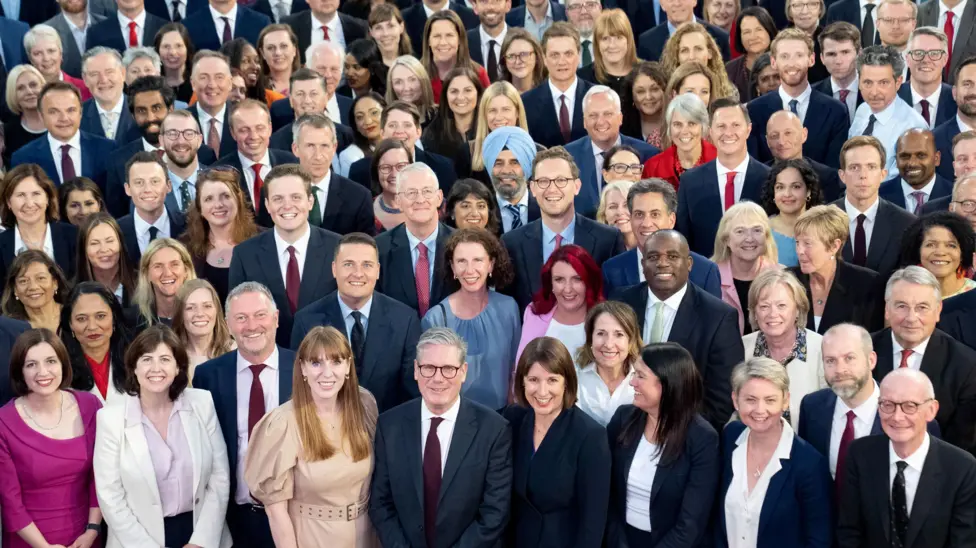The question of whether Members of Parliament should be allowed to have second jobs has never been more relevant. At a time when the cost of living is spiralling, public services are crumbling, and trust in politics is at rock bottom, the sight of MPs earning thousands — sometimes hundreds of thousands — outside Parliament has left many wondering: who are they really working for?
According to recent data, more than 250 MPs currently have second jobs, with some earning more from outside interests than from their actual role representing their constituents. These extra roles range from corporate advisory positions and legal consultancy work to media appearances and paid speeches. While some argue these outside roles bring “real-world experience” into politics, the reality is that they often raise serious questions about priorities, conflicts of interest, and fairness.
MPs Already Earn a Salary Most People Can Only Dream Of
Let’s start with the basics. The standard salary for an MP is £91,346 a year — far higher than the UK average wage of around £34,000. On top of that, MPs receive generous expenses, housing allowances, and taxpayer-funded staff. For many ordinary workers struggling to heat their homes or feed their families, it’s hard to understand why MPs need — or deserve — to earn even more on the side.
Yet some MPs are bringing in eye-watering sums from second jobs. Former ministers and senior backbenchers often pick up lucrative contracts as consultants, lobbyists, or company directors. In some cases, the side income exceeds £500,000 a year. While it might be technically legal, it feels morally wrong when millions are struggling to get by.
The Problem of Divided Loyalties
When MPs take on second jobs, they risk blurring the line between public service and personal profit. If an MP is paid by a company to provide advice or represent its interests, can they truly be impartial when voting on laws that might affect that same company?
This is the very definition of a conflict of interest — and it undermines democracy. The public expect MPs to dedicate their full attention to representing their constituents, not moonlighting for private gain. How can an MP working 15–20 hours a week as a consultant possibly give 100% to the people who elected them?
The Defence: “We Need Real-World Experience”
Supporters of second jobs often argue that MPs should not be “career politicians” — that having outside work helps them stay connected to the real world. There’s a degree of truth in that. Doctors, lawyers, or business owners who become MPs might want to keep their professional skills sharp.
However, there’s a big difference between a GP doing a few shifts in the NHS to stay current, and an MP pocketing six figures from a corporate boardroom. The former can genuinely benefit the public. The latter benefits no one but the MP and the company paying them.
What Should Change?
Many believe it’s time for Parliament to introduce tougher restrictions on second jobs. One simple rule could be that MPs are only allowed outside work if it is directly related to public service — such as medical practice, teaching, or charitable work.
Another option would be to impose a cap on outside earnings, ensuring no MP can make more than a small percentage of their salary through secondary income. That would help prevent those eye-watering consultancy deals and restore some public trust in politics.
Time for Accountability
In the end, this issue isn’t just about money — it’s about trust. The British public deserve MPs who put their time, energy, and loyalty into the job they were elected to do. The role of an MP is not a side hustle. It’s a full-time commitment to the people of this country.
Until the rules change, questions will continue to swirl around whose interests our politicians are really serving — ours, or their own bank accounts?
